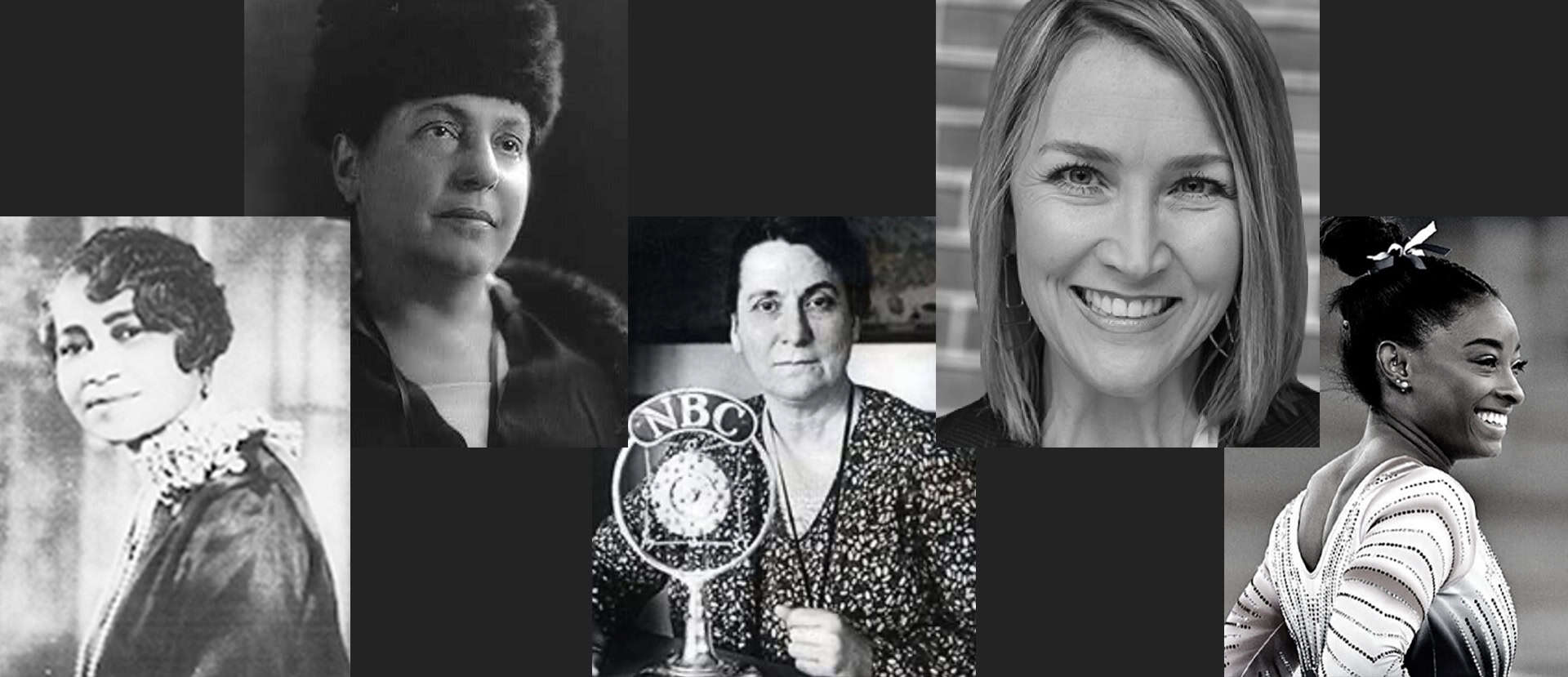5 Influential Women in Foster Care You May Not Know About
Women’s History Month marks a special time as we celebrate the women in our lives and remember examples of outstanding women from our past. The five influential women listed below believed in the value, dignity, and importance of children. They became champions of child welfare and made foundational changes to the system. We honor them and all women in foster care who have left a positive impact, whether big or small.
Fredericka Douglass Sprague Perry
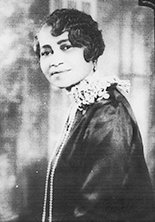
Born in 1872, Fredericka Perry was the granddaughter of the famous abolitionist and author Frederick Douglass. The Douglass family pursued social and political reform over many generations, and Perry followed in their footsteps. Her husband opened the first private hospital for black individuals in Kansas City, Missouri. Perry also worked as a teacher, a juvenile court worker, and at her husband’s hospital.
During her time as a juvenile court worker, Fredericka witnessed firsthand the injustices that would inspire much of her philanthropy work. There she saw the mistreatment of black children in the pre-Civil Rights foster care system. Rather than being put in foster or group homes, they were often detained in juvenile delinquent facilities and remained stuck there until they became legal adults.
To help address the need, Perry had a hand in several associations and organizations supporting black communities and children. She helped found her first association in Missouri in 1923 which then opened a group home in 1934. The home provided housing for black girls above age 12 in foster care and stayed open until states finally integrated black children into their child welfare programs in 1943. Multiple other organizations that championed civil, women’s, and children’s rights counted Perry as a member and partner. The state of Missouri owes a lot to Perry, who also penned the state song, “Show Me”.
Lillian D. Wald
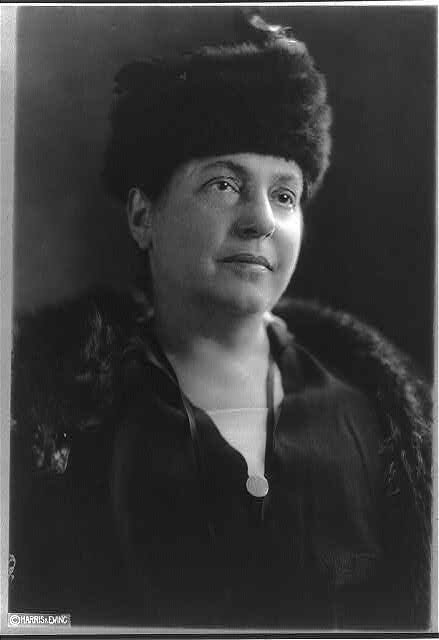
Lillian D. Wald was born in 1867 in Cincinnati, OH, but lived in New York City for much of her life. One of four children, Wald excelled at school and attended college to become a nurse. She first worked at an orphanage called the New York Juvenile Asylum while making further plans to become a doctor. However, one encounter with an ill mother in a rundown tenement building introduced her to the lack of affordable healthcare and quality living conditions for poor, often immigrant families. Women and children struggled particularly in an age where labor laws were scarce or unenforced, putting them at high risk for injury and illness.
With a new mission in her heart, Wald left medical school in 1893 and forged a brand new career path: a public health nurse. Her first big project, the founding of the Henry Street Settlement in 1895, provided healthcare for impoverished communities and eventually hosted clubs for children, social gatherings, and career training. The Henry Street Settlement also provided a scholarship to help kids stay in school until their mid-teenage years.
Wald also advocated for laws protecting workers and particularly opposed child labor. She was a member of the New York Child Labor Committee and frequently campaigned to protect children from the workforce. Through her advocacy and that of several other women of the time, the United States Department of Labor added a Children’s Bureau. Upon her death in 1940, many public figures stepped out to extol her accomplishments for the community.
Grace Abbott
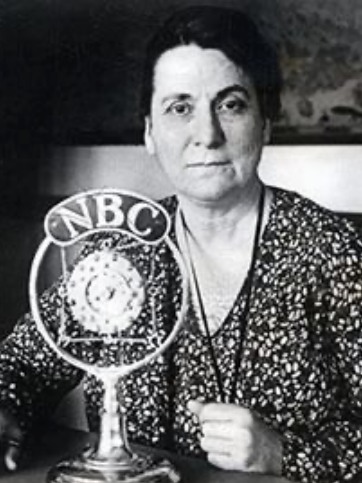
In 1878, Grace Abbott was born in Nebraska to a relatively wealthy family. She performed well in school and eventually became interested in the many social issues plaguing the time. Throughout her life, she held the positions of teacher, social worker, and professor. She also championed many underprivileged communities, including children.
Abbott became the director of the Industrial Division within the United States Dept of Labor’s Children’s Bureau in 1917. She enforced compliance with the child labor laws established the year previously. In 1921, she became chief of the Children’s Bureau and helped pass the Shephard-Towner Act. This act gave grants to child welfare programs for the first time in the nation’s history. Abbott also served as the US representative on the League of Nations’ advisory committees on trafficking women and child welfare from 1922-1934.
Abbott was one of the first to recognize the importance of research and statistics to inform child welfare decisions, and as a result, she initiated many research projects to better inform new policies. Her work made waves during her time, and though she did not accept the position, she was the first woman nominated to the Presidential Cabinet.
Jenni C. Lord
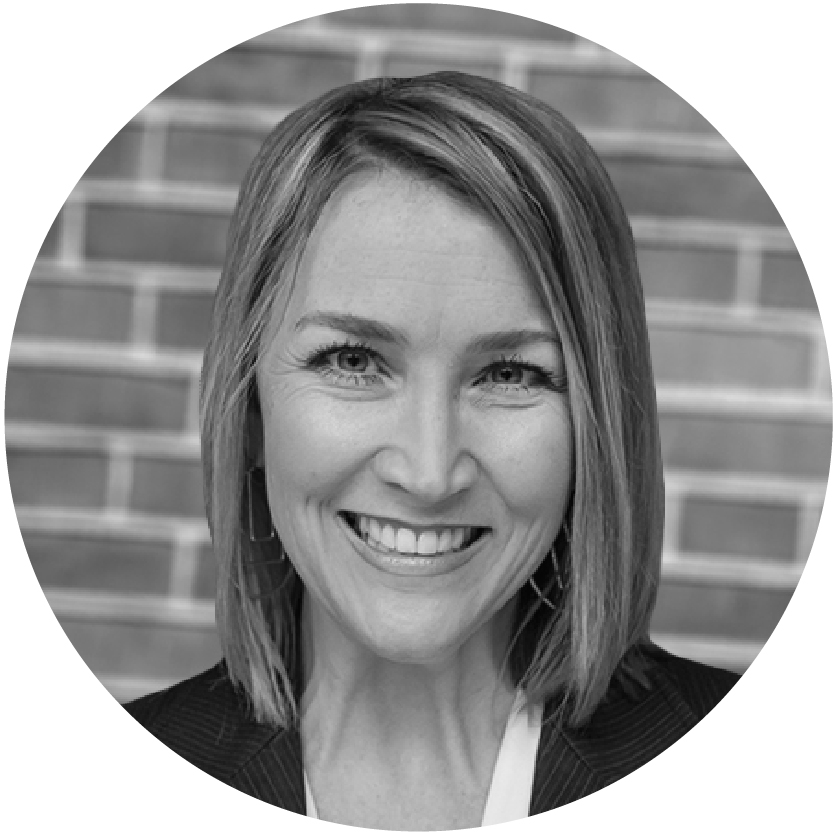
The founder and CEO of Chosen, one of our Pillar Partners, deserves a spot on this list. Jenni C. Lord first met her brother when he came to her family as a foster placement in 1995. The family fell in love and wanted to make him a part of their family permanently. What followed was a long, sometimes frustrating process that finally ended five years later when her brother was officially adopted.
“I often publicly say that you never know what is on the other side of an obedient ‘yes’ to God, which is how this all began,” Lord says.
The journey that Lord’s family went through together inspired her to found Chosen in 2008, a faith-based, nonprofit organization providing telehealth services for all ages who have been affected by the foster care system or adoption. Chosen addresses the trauma often experienced by those in the system, as well as the families who foster or adopt. In particular, Lord wanted Chosen to fill the gap in support while families and potential, current, or former youth transition into, through, or out of the system.
“Being at the helm, in uncharted waters has significantly increased my dependence on the Lord and his leading. I honestly don’t know how people enter into the hardest, messiest places of people’s stories without faith.”
Jenni Lord served as Texas Chair of the Family Focused Treatment Association and works closely with Unicity’s Decade of Family. She founded the More Than Enough movement at her local church, and she often advocates for federal and state reform in the child welfare sector. Also a public speaker, Lord shares excellent advice on nonprofit business management and shares valuable insight into the mental health issues and trauma endured by the youth and families she serves, as well as how to address the need with lasting solutions.
Simone Biles

Olympic gymnast Simone Biles was born in 1997 in Ohio. Her mother wrestled with addiction and became unable to care for her children. Her maternal grandparents, however, were more than happy to raise Biles and her three siblings as their own. The kids were sent to Texas, where they grew up with grandparents they came to think of as mom and dad. Their attentive love led them to sign little Simone up for gymnastics, noticing that she loved to move and possessed boundless energy. The rest is history.
Simone Biles loves her grandparents dearly and always had their support. Still, fellow foster youth have a soft spot in her heart, and much of her charity work and partnerships focus on providing resources and encouragement to young people in the foster care system.
Biles partnered with Friends of the Children and Axonius in 2022, as well as Mattress Firm Foster Kids. University of the People also teamed with the gymnast to create the Simone Biles Legacy Scholarship Fund to make higher education more affordable for foster children, among others.
